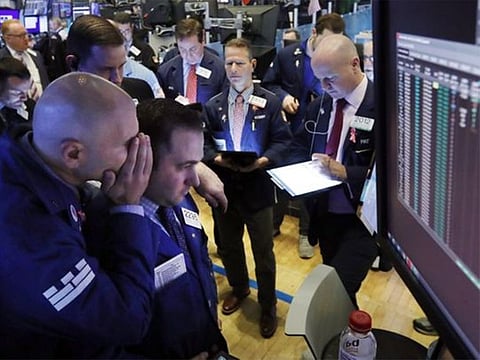There is far too much liquidity chasing assets
But investors find that asset picking in pandemic times is no easy play

Also In This Package
It’s been a while since investors have confronted this kind of confusion from changes to financial and economic policies. But that’s what they are facing with the coronavirus pandemic far from being contained, and the adoption of complex monetary strategies have created an unfavorable atmosphere for investors, including small savers.
The quantitative easing adopted by major central banks continues to sow confusion. Inflation rates remain down along with the interest rates, which are at or near zero, and even turned negative in some countries. This has caused bank deposits to lose part of their real value and pushed investors to search for options, such as bonds.
However, the bond market already suffers from a sharp decline in interest rates in developed countries and carries with it great risks in countries saddled with weak credit ratings despite the higher interest rates on its issues.
Chasing returns
As a result, and thanks to government support, huge liquidity is available that is looking for investment options, which has led to a swelling of the money markets and on stock exchanges, especially in the US where prices are no longer subject to fundamentals.
This attracted large groups of baffled investors, especially the mom-and-pop ones.
The real estate sector is experiencing difficulties ranging in severity from one country to another, despite the fact that investing in this can over the long term achieve some gains. Yet, the volume of required investments to merit those returns is not available to a lot of investors.
As for investment in small and medium enterprises, the time is not favourable due to economic shutdowns, which have led to the bankruptcy of many despite the support these institutions have received from governments that already suffer from a lack of funding and troubled by budget deficits.
Still reeling
The services sector (in all its forms) is suffering as many of its activities are practically suspended. This applies to the tourism sector, hotels and transportation, though some sectors benefited from the crisis, such as telecom and delivery services.
However, investment in this sector directly or through the money markets remains limited, compared to the amount of liquidity available to the private sector.
There’s the yellow metal
There remains a safe investment – gold - but prices have risen sharply, from $1,400 an ounce to almost $ 2,000 now, especially after central banks bought bullion following the deterioration of other assets, including foreign currency reserves.
This is indeed a complex equation. While maintaining liquidity, it will continuously lose a part of its value; and to make thing worse, the rest of the investment channels are limited.
This confusion must be addressed, relying on professional advice to achieve acceptable returns or at least mainta the value of assets at a minimum level until this crisis is over. This bleak picture being faced by investors does not mean this will be a permanent state.
Crises always provide meaningful opportunities whenever they are over, but that will depend on good management and by avoiding running after rumors and herd behavior in the financial markets.
- Mohammed Al Asoomi is a specialist in energy and Gulf economic affairs.









